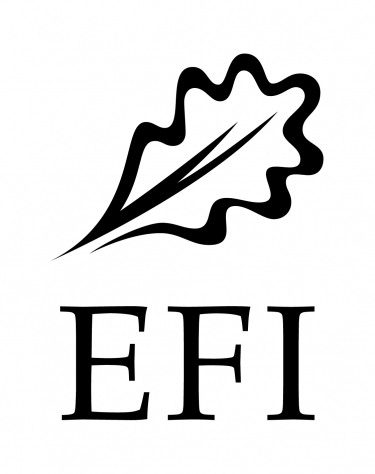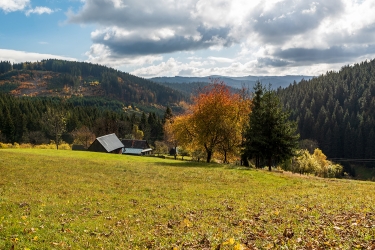Environmental Collaboration and Conflict Resolution course at UEF Summer School

The course will address environmental and natural resource conflicts that are familiar and topical for the course participants. These cases provide a real-world context for the course contents and development of practical skills. The themes include natural resource conflicts for example in the fields of forestry, nature conservation, mining and land use conflicts more generally. Students are expected to work with concrete conflict cases along the course program. The course is constructed around a framework of environmental collaboration and conflict resolution. It starts with introduction of collaborative management and participatory methods and continues with the theory and practice of collaboration, mediation and consensus building. It includes elements of interest-based negotiation theory at its core, and builds on the collaborative model of consensus building. After the course students will have skills to 1) analyse conflict situations; 2) understand types of intervention and their preconditions, and; 3) match environmental conflict situations with appropriate response strategies; 4) understand the principles of meditated negotiation as a conflict resolution strategy; 5) participate effectively in collaborative multi-party processes.
Registration for the course
Each course participant apply for the course via the DreamApply portal: https://www.uef.fi/en/applying-and-participation-fees-of-uef-summer-school. This is because the ECCR course is part of the University of Eastern Finland (UEF) Summer School. Please submit application before April 15!
Course programme
The course will be held at UEF, Joensuu campus from August 12 to August 16, 2024 (in 2025 in Indonesia). The course includes 4 days of classwork and 1 day (August 14) field excursion/fact-finding mission. Sessions include lectures, group work, reflections and practical exercises. Sessions usually start at 9 am and end around 5 pm. Please note that in-person participation is compulsory, there is no online option to attend the course.
Course description in Peppi: 5119174
Image: Adobe.stock - Sebastian


